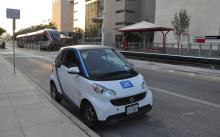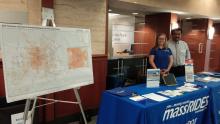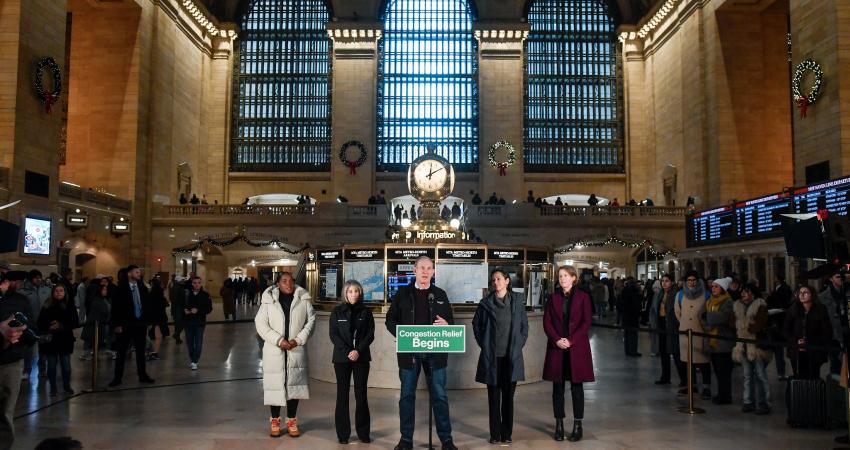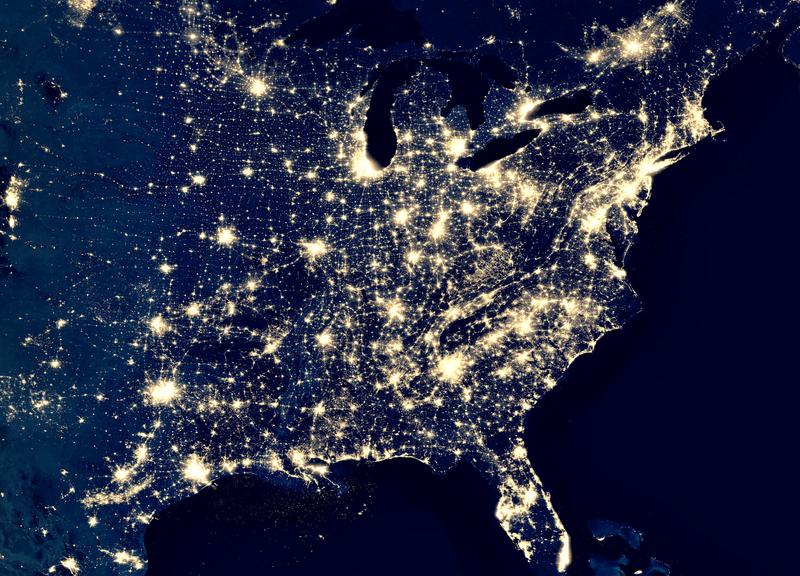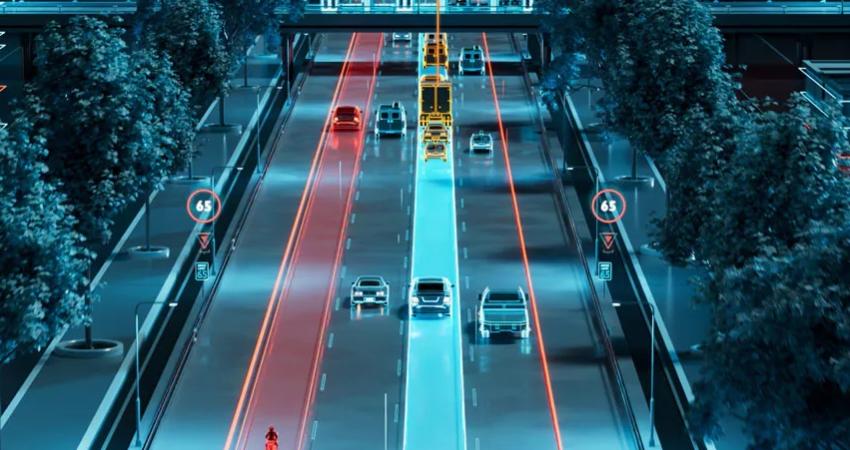As America braces for $4 average price for gasoline and the potential fallout from breaching this psychological barrier, a new study has just been released by the Mobility Collaborative that predicts $4 per gallon is not enough to significantly reduce the number of people choosing to drive alone as single occupant vehicle travellers (SOV).
RSSAs America braces for $4 average price for gasoline and the potential fallout from breaching this psychological barrier, a new study has just been released by the Mobility Collaborative that predicts $4 per gallon is not enough to significantly reduce the number of people choosing to drive alone as single occupant vehicle travellers (SOV).
A review of gas prices and their weekly climb suggest that in the next few weeks America will reach $4 per gallon average. While gas prices vary regionally, experts predict that they will average $4 per gallon or higher throughout the summer of 2012. Recent predictions from the5541 US Energy Information Administration suggest prices will average just over $4 per gallon by May and stay there.
The prevailing thought among transit agencies and transportation planners is that the $4 mark represents a major psychological threshold. Once breached, commuters will shift en mass from SOV travel to more efficient and less costly rideshare and telework options.
The Mobility Collaborative study suggests a different reality. According to the research, conducted by5540 BIGinsight, only 8.7 per cent of respondents reported they would increase carpooling and 6.6 per cent say they would take public transit more. Consumers do not always act the way they report, but as the authors point out, the $4 per gallon price point has been reached twice previously. Both times interest in commute alternatives increased, but few actually changed behaviour. A small portion of individuals, often those with lower incomes who couldn't afford the additional costs, changed their behaviour, but not the masses as previously predicted.
This ‘non-event’ means America will continue as an automobile-dependent society. The study suggests two reasons why: First, automobiles are getting better gas mileage, reducing pressure caused by rising gas prices. Second, gas prices rise relatively slowly over time, so people learn to adjust their budgets to absorb the additional cost. These factors undermine America's shift to a more sustainable transportation system, like those found in a few American urban environments such as Arlington County, Virginia.
John Martin, a member of the Collaborative said "bigger things need to change in order for people to change their behaviour: Governments, vehicle manufacturers, employers and others need to provide travel options so consumers can accomplish the tasks of daily life while driving fewer miles."
The Mobility Collaborative's study "Mr. Toad's Wild Ride and the Rising Price of Gas," is available at sirtransportation.com.
A review of gas prices and their weekly climb suggest that in the next few weeks America will reach $4 per gallon average. While gas prices vary regionally, experts predict that they will average $4 per gallon or higher throughout the summer of 2012. Recent predictions from the
The prevailing thought among transit agencies and transportation planners is that the $4 mark represents a major psychological threshold. Once breached, commuters will shift en mass from SOV travel to more efficient and less costly rideshare and telework options.
The Mobility Collaborative study suggests a different reality. According to the research, conducted by
This ‘non-event’ means America will continue as an automobile-dependent society. The study suggests two reasons why: First, automobiles are getting better gas mileage, reducing pressure caused by rising gas prices. Second, gas prices rise relatively slowly over time, so people learn to adjust their budgets to absorb the additional cost. These factors undermine America's shift to a more sustainable transportation system, like those found in a few American urban environments such as Arlington County, Virginia.
John Martin, a member of the Collaborative said "bigger things need to change in order for people to change their behaviour: Governments, vehicle manufacturers, employers and others need to provide travel options so consumers can accomplish the tasks of daily life while driving fewer miles."
The Mobility Collaborative's study "Mr. Toad's Wild Ride and the Rising Price of Gas," is available at sirtransportation.com.



